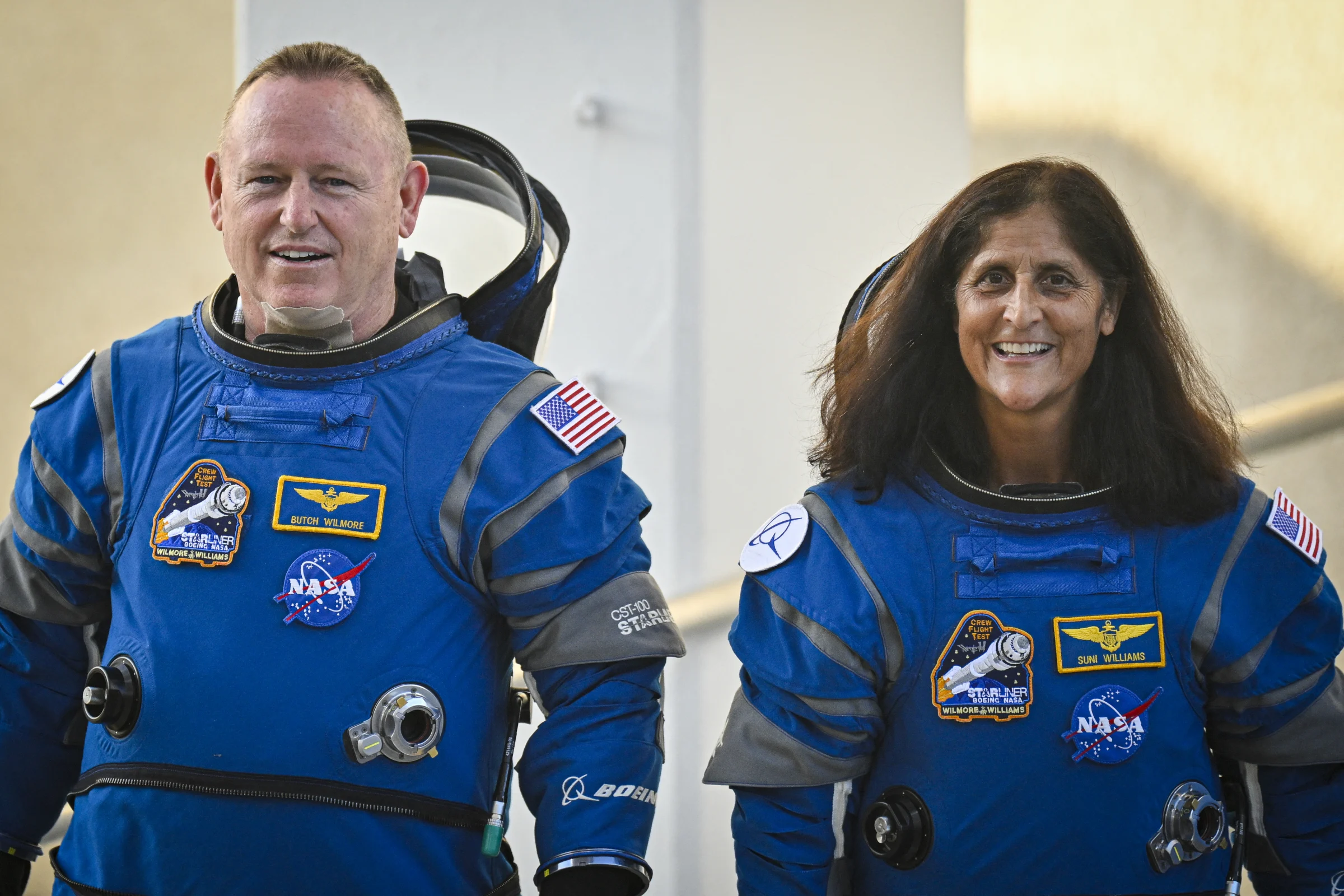After an unexpectedly extended mission, a group of astronauts is finally set to return to Earth on a SpaceX flight following an eight-month stay in space. The team, originally scheduled for a shorter duration, has faced numerous challenges that prolonged their mission, turning what was intended to be a routine assignment into an extraordinary experience of endurance and adaptability.
The Unexpected Extension of the Mission
The astronauts, who have been orbiting Earth aboard the International Space Station (ISS), found themselves in a unique situation when their mission was extended due to unforeseen circumstances. Initially planned as a six-month expedition, their stay was prolonged by two additional months, making this one of the longer missions in recent history. The extension was a result of a combination of technical challenges, scheduling conflicts, and a need for additional research that could only be conducted in the unique environment of space.
During their extended stay, the astronauts have continued to work on various scientific experiments, contributing valuable data to ongoing research in fields such as biology, physics, and earth sciences. Their work has provided insights that could potentially lead to breakthroughs in understanding human health, the effects of long-term space travel, and the behavior of materials in microgravity.
The Challenges Faced During the Extended Mission
Spending an extended period in space comes with a host of challenges, both physical and psychological. The astronauts have had to contend with the effects of microgravity on their bodies, which can include muscle atrophy, bone density loss, and fluid shifts that affect vision and cardiovascular health. To mitigate these effects, the crew has adhered to a rigorous exercise regimen, spending hours each day on specialized equipment designed to maintain their physical fitness.
Psychological challenges have also been significant, as the isolation and confinement of space travel can take a toll on mental health. The crew has relied on regular communication with their families and support from NASA’s psychological team to maintain their well-being. Despite these challenges, the astronauts have remained resilient, demonstrating the adaptability and strength required for long-duration space missions.
The Role of SpaceX in the Astronauts’ Return
SpaceX has played a crucial role in both the astronauts’ journey to the ISS and their upcoming return. The private aerospace manufacturer and space transport company, founded by Elon Musk, has been at the forefront of commercial space travel, providing transportation services to NASA and other space agencies around the world. The Crew Dragon spacecraft, developed by SpaceX, has become a reliable workhorse for ferrying astronauts to and from the ISS.
The return of the astronauts will be carefully coordinated by SpaceX and NASA, with a focus on ensuring the safety of the crew during re-entry and landing. The Crew Dragon capsule, which has been docked at the ISS, will be used for the descent, providing a controlled and safe environment for the astronauts as they make their way back to Earth.
The Impact of the Extended Mission on Future Space Travel
The experience of these astronauts is likely to have a lasting impact on the future of space travel. The data collected during their extended mission will be invaluable in planning for longer journeys, such as missions to Mars or extended stays on the Moon. The challenges they have faced, and the solutions developed to address them, will inform the design of future spacecraft, life support systems, and astronaut training programs.
This mission also highlights the growing importance of collaboration between government space agencies like NASA and private companies like SpaceX. As space exploration continues to evolve, these partnerships will be critical in pushing the boundaries of what is possible, opening up new opportunities for scientific discovery and human exploration of the cosmos.
The astronauts’ return will mark the end of a remarkable chapter in space exploration, but it is also just the beginning of a new era. The lessons learned from this mission will pave the way for future endeavors, helping humanity take its next steps beyond Earth.











